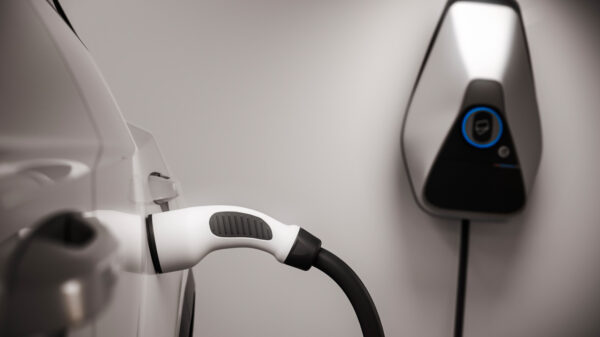Long road trips mean a lot of time in your vehicle, so proper preparation is key for a smooth journey. Start by getting your car thoroughly serviced to check vital components like the battery, tires, belts, hoses, fluids, and brakes. The experts behind CloreAutomotive.com recommend having a portable jump starter on hand in case of battery issues. Pack an emergency roadside kit with tools, first aid essentials, flashlight, and other useful items. Clean the interior so you have comfortable driving conditions. Install phone holders and charging cords. Doing vehicle prep work reduces the chances of breakdowns far from home.
Plotting Your Route
Map out your route in advance and identify strategic spots to stop for gas, food, lodging or sightseeing. Mark these waypoints on paper maps or phone GPS systems in case of network outages in remote areas. Calculate the total drive time and distance to allow for plenty of rest stops. Share your route plan with family or friends in case of emergencies. For very long trips spanning multiple days, booking accommodation in advance ensures you have secure places to rest overnight.
Packing Smartly
Efficient packing makes or breaks road trip convenience. Assemble a small bag with items you will need handy in the passenger seat like snacks, devices, maps, and headphones. Pack a cooler with beverages, sandwiches, and perishable snacks to reduce fast food pit stops. Bring comfortable layered clothing suitable for varied weather and temperatures. Make a checklist of personal items like medications, toiletries, and electronics chargers so you don’t forget necessities once on the road.
Staying Alert Behind the Wheel
Long highway drives can quickly cause fatigue and boredom for the driver. Combat drowsiness by having loud conversation, singing aloud or rolling down the windows for fresh air. Switch drivers whenever reasonable to share the burden. Take regular breaks every few hours to walk around, stretch your legs and have a snack to refresh your mental state before continuing. If extremely tired, take a 20+ minute power nap or stop to sleep overnight and resume driving when restored. Pay attention to warning signs your body gives when needing rest to avoid hazardous, drowsy conditions.
Navigating Unfamiliar Areas
Long road trips often involve driving through unfamiliar towns or remote countryside. Use GPS and mapping apps to maintain awareness of your location if a signal is available. Download offline maps in advance as backup if you will be out of service. Carry paper maps as well, in case technology fails. When stopping in new areas, research popular sites and eateries in advance for efficient itinerary planning. Clarify exact addresses, when possible, to avoid getting dangerously lost. Ask locals for specific guidance, clarifying routes or locations if struggling to orient yourself.
Preparing for Emergencies
Pack a first aid kit, flare triangles, flashlight, blankets, bottled water, and non-perishable foods in case you get stranded or delayed far from help. Always carry your vehicle insurance and registration papers, plus valid IDs, and payment cards. Know if your cellphone carrier has networks along remote sections of your route. Identify where emergency services like tow trucks, police or hospitals are located along the way. Program key emergency numbers into your phone for faster access if injuries occur or vehicles breakdown.
Conclusion
Long road trips allow you to see the open road and reach faraway destinations. But extensive drives require much more thorough preparation compared to everyday commutes. Assess your vehicle, map efficient routes, pack wisely, stay alert driving, know how to navigate unfamiliar areas, and prepare for emergencies. Follow these practical long-distance tips so you can better handle issues and focus fully on the journey.


